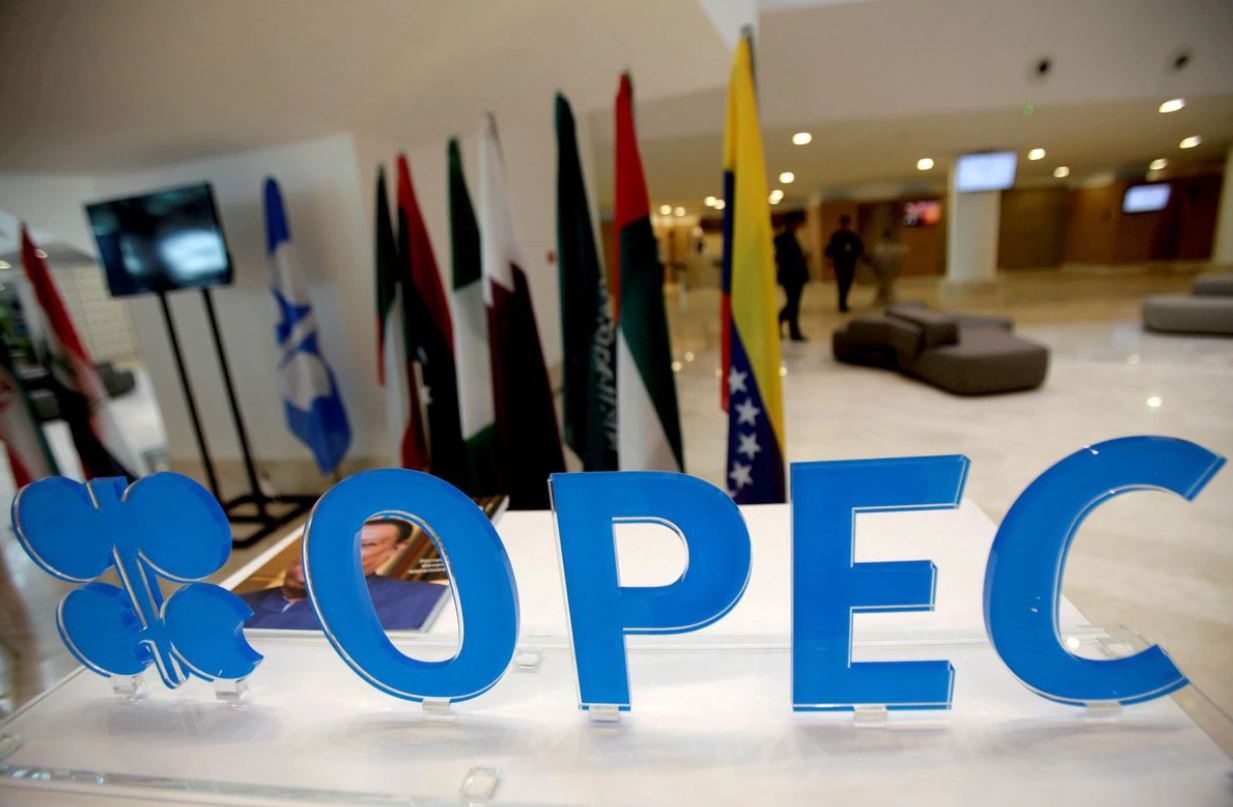Oil prices climbed on Friday after the producer group OPEC+ said it could review its production hike policy at short notice if oil demand collapsed due to a rising number of lockdowns, while Brent was on course for a sixth week of declines.
Brent crude futures rose $1.91 cents, or 2.7 per cent, to $71.58 a barrel by 0959 GMT. US West Texas Intermediate (WTI) crude futures rose $1.73, or 2.6 per cent, to $68.23 a barrel.
The Organization of the Petroleum Exporting Countries, Russia and allies, together called OPEC+, surprised the market on Thursday when it stuck to plans to add 400,000 barrels per day (bpd) supply in January.
“Its decision to continue increasing monthly crude production is a vote of confidence in the near-term demand outlook. Better said, OPEC+ is banking on the new Omicron variant not having a lasting impact on oil demand,” PVM said in a note.
But producers left the door open to changing policy swiftly if demand suffered from measures to contain the spread of the Omicron coronavirus variant. They said they could meet again before their next scheduled meeting on Jan. 4.
“Brent has climbed to $71 per barrel, which puts it around $5 above yesterday’s daily low. So what is the explanation? OPEC+ said that it could reconsider yesterday’s decision at short notice if market conditions were to change,” Commerzbank’s Carsten Fritsch said.
In addition, OPEC has struggled to actually follow through with its scheduled output increases.
Markets across assets have been roiled all week by the emergence of Omicron and speculation that it could spark new lockdowns and dent fuel demand.
For the week, Brent was poised to end down about 1.7 per cent, heading lower for a sixth straight week for the first time since November 2018. WTI was broadly stable on the week, after five weekly drops.
JPMorgan analysts said the market fall implied an “excessive” hit to demand, while global mobility data, excluding China, showed that mobility is continuing to recover, averaging at 93 per cent of 2019 levels last week.
“So far we see no signs of demand weakening on (a) global scale,” the JPMorgan analysts said in a note.







Click here to change your cookie preferences